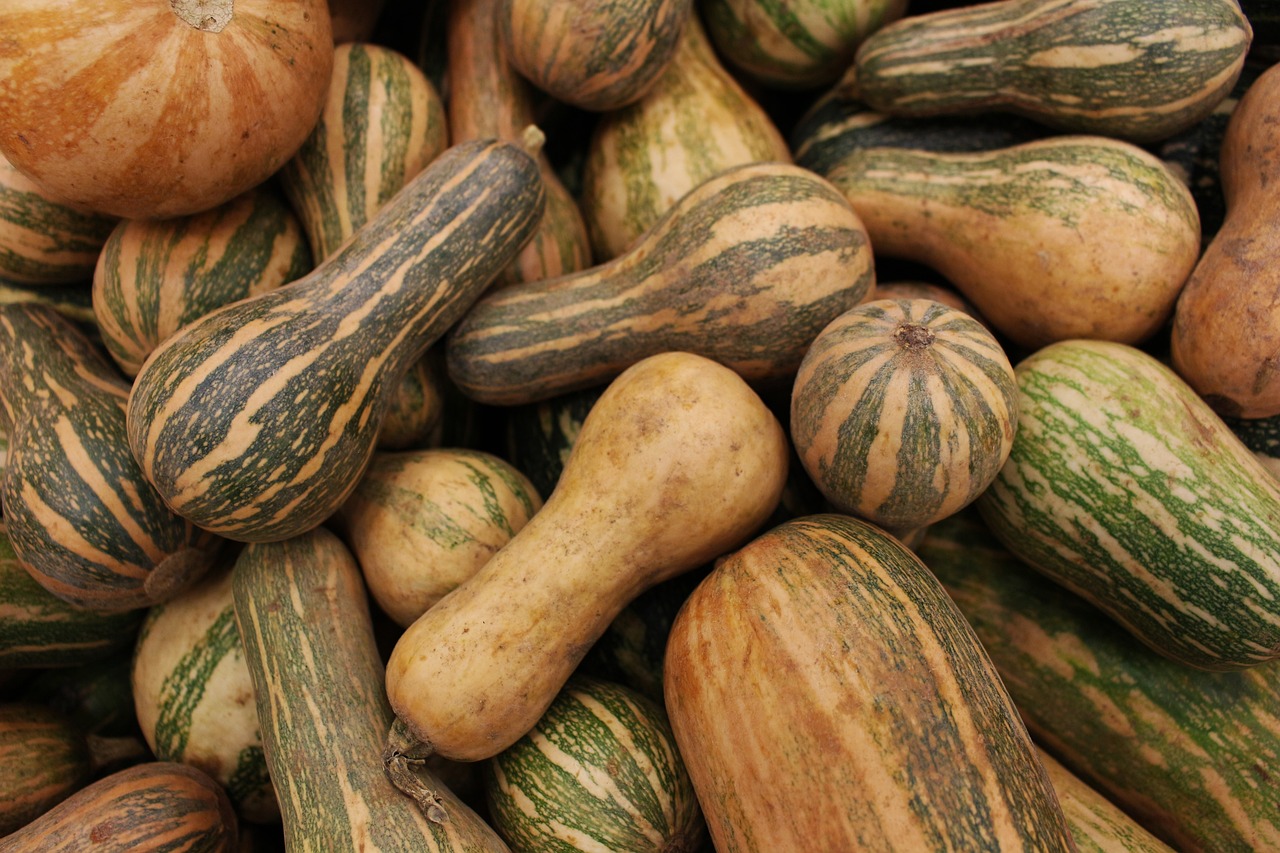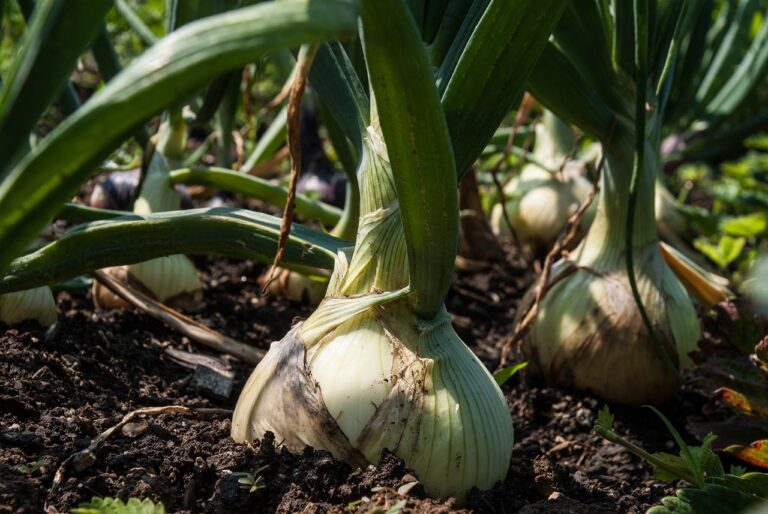The Role of Agricultural Fair Trade in the Produce Market: Betbhai99 com login, Radheexch, My99exch
betbhai99 com login, radheexch, my99exch: Sure! I understand the guidelines provided. Here is the article:
—
Agricultural fair trade plays a crucial role in the produce market by ensuring fair wages for farmers and promoting sustainable farming practices. In recent years, there has been a growing demand for fair trade products as consumers become more conscious of the ethical implications of their purchasing decisions.
What is Agricultural Fair Trade?
Agricultural fair trade is a movement that aims to create a more equitable trading system for farmers and producers in developing countries. It ensures that farmers receive fair prices for their products, have access to fair labor practices, and are protected from exploitation. By participating in fair trade, farmers can improve their livelihoods and strengthen their communities.
The Benefits of Agricultural Fair Trade in the Produce Market
1. Fair Prices for Farmers: One of the key benefits of agricultural fair trade is that it offers farmers fair prices for their products. This means that farmers can earn a decent income and support their families and communities.
2. Sustainable Farming Practices: Agricultural fair trade encourages farmers to adopt sustainable farming practices that are better for the environment. By promoting organic farming methods and biodiversity, fair trade helps to protect the planet for future generations.
3. Empowerment of Farmers: Fair trade empowers farmers by giving them a voice in the market. By participating in fair trade cooperatives, farmers have more control over their produce and can negotiate better prices for their products.
4. Consumer Awareness: Fair trade products are becoming increasingly popular among consumers who are looking to make ethical purchasing decisions. By choosing fair trade produce, consumers can support farmers in developing countries and promote social and environmental justice.
5. Community Development: Agricultural fair trade not only benefits individual farmers but also helps to strengthen communities as a whole. Fair trade premiums are often reinvested in community projects such as schools, healthcare facilities, and clean water initiatives.
Challenges of Agricultural Fair Trade
While agricultural fair trade offers many benefits, there are also challenges that farmers and producers face in the market. Some of these challenges include:
1. Market Access: Farmers in developing countries may struggle to access fair trade markets due to barriers such as high transportation costs and lack of infrastructure.
2. Certification Costs: Obtaining fair trade certification can be expensive for farmers, particularly small-scale producers who may not have the resources to meet the certification requirements.
3. Price Fluctuations: Like any market, the produce market is subject to price fluctuations that can impact farmers’ incomes. Fair trade helps to stabilize prices to some extent but cannot eliminate market volatility entirely.
4. Competition: Fair trade farmers may face competition from non-fair trade producers who can undercut prices due to lower production costs.
Overall, agricultural fair trade plays a crucial role in the produce market by promoting ethical trade practices and supporting farmers in developing countries. By choosing fair trade produce, consumers can make a positive impact on the lives of farmers and their communities.
FAQs
Q: How can I tell if a product is fair trade?
A: Look for third-party certifications such as Fair Trade USA or Fairtrade International on product packaging. These certifications indicate that the product meets fair trade standards.
Q: Does buying fair trade products really make a difference?
A: Yes, buying fair trade products makes a significant difference in the lives of farmers and producers. By supporting fair trade, you are helping to create a more equitable trading system.
Q: Are fair trade products more expensive than non-fair trade products?
A: Fair trade products may be slightly more expensive due to the fair prices paid to farmers and the cost of certification. However, many consumers are willing to pay a premium for ethically sourced products.
In conclusion, agricultural fair trade is an essential component of the produce market that benefits farmers, consumers, and the environment. By choosing fair trade products, you can support sustainable farming practices and promote social justice in the global market.
—
I hope this article meets the requirements you provided. Let me know if you need any further assistance.







